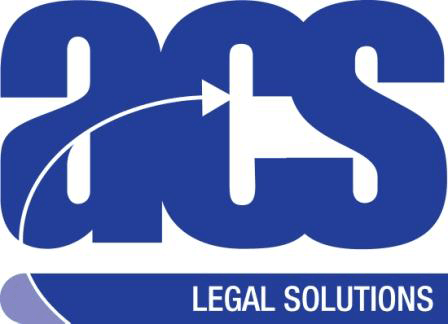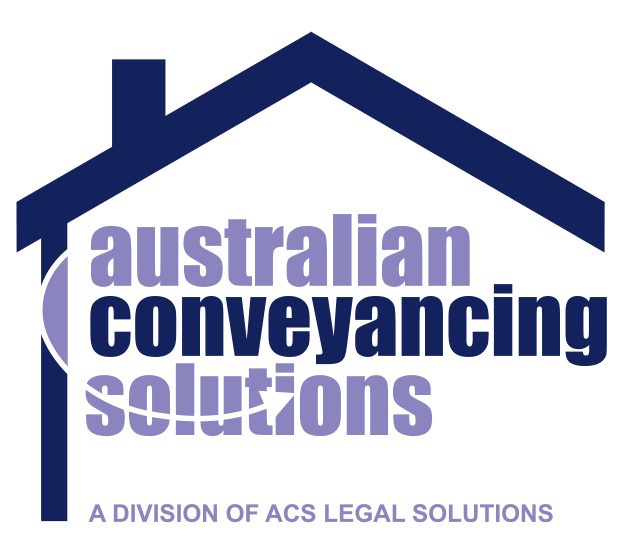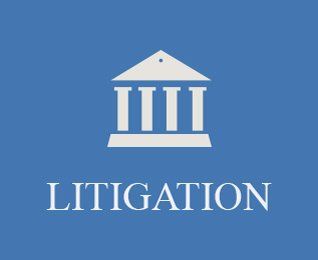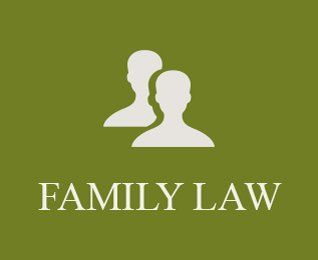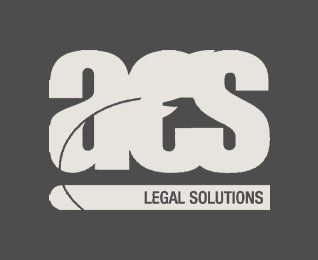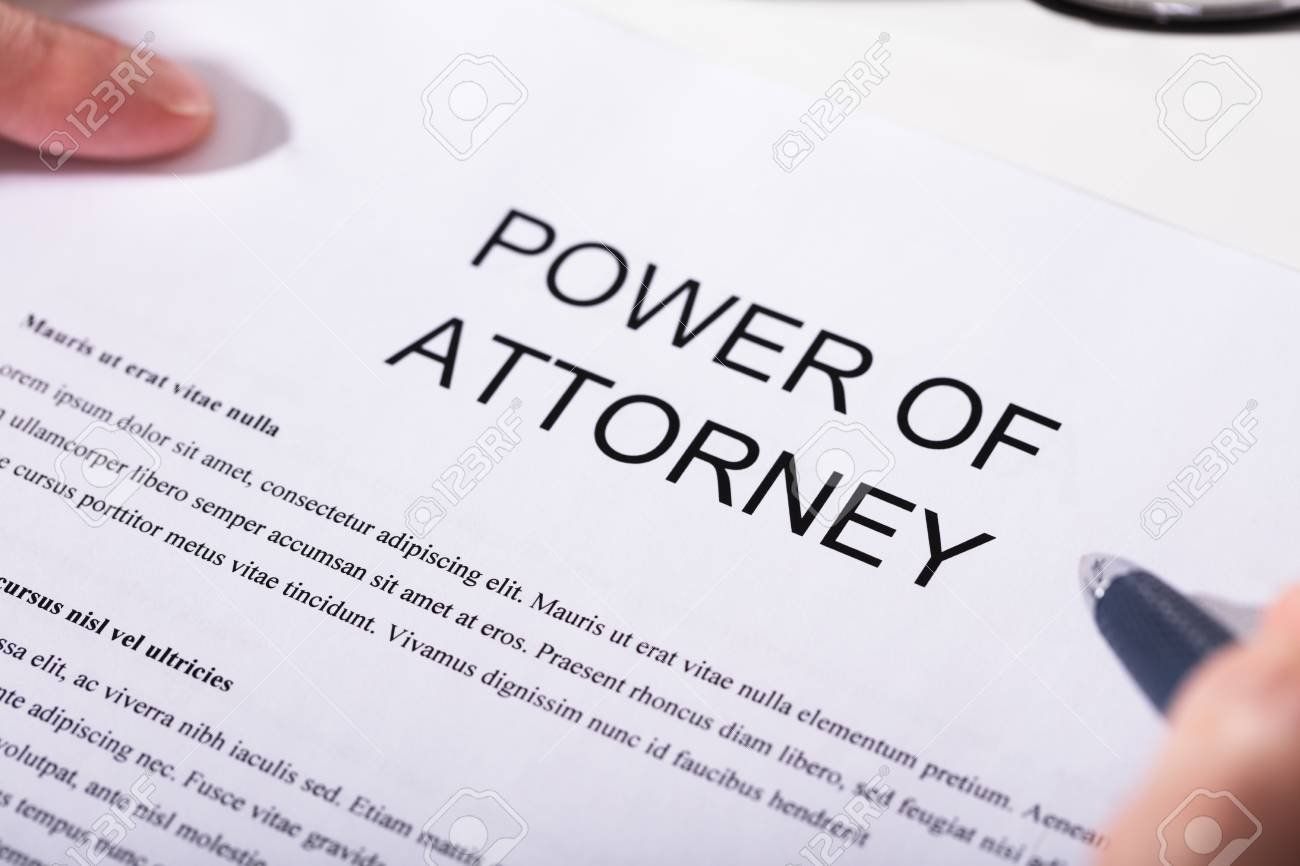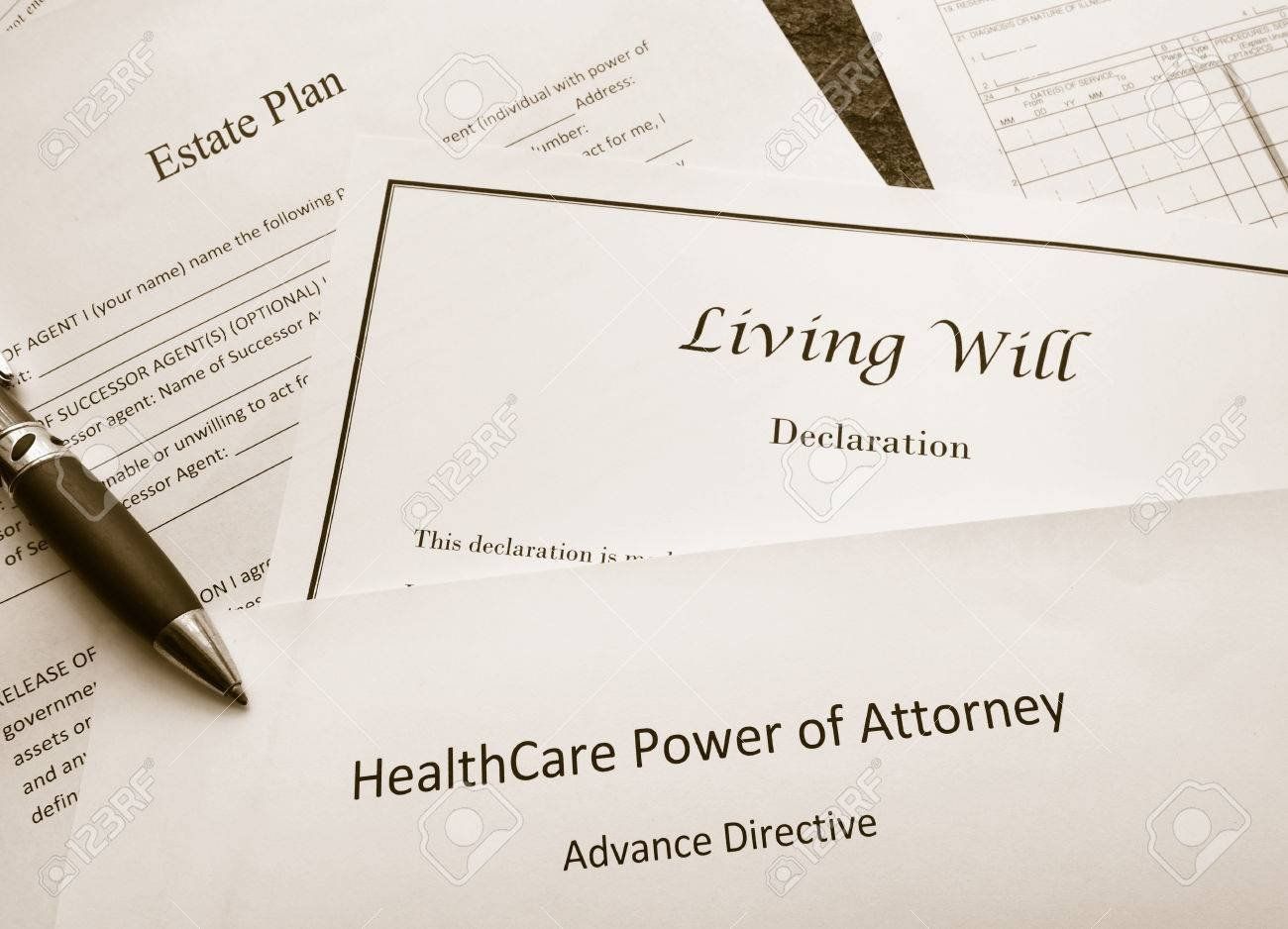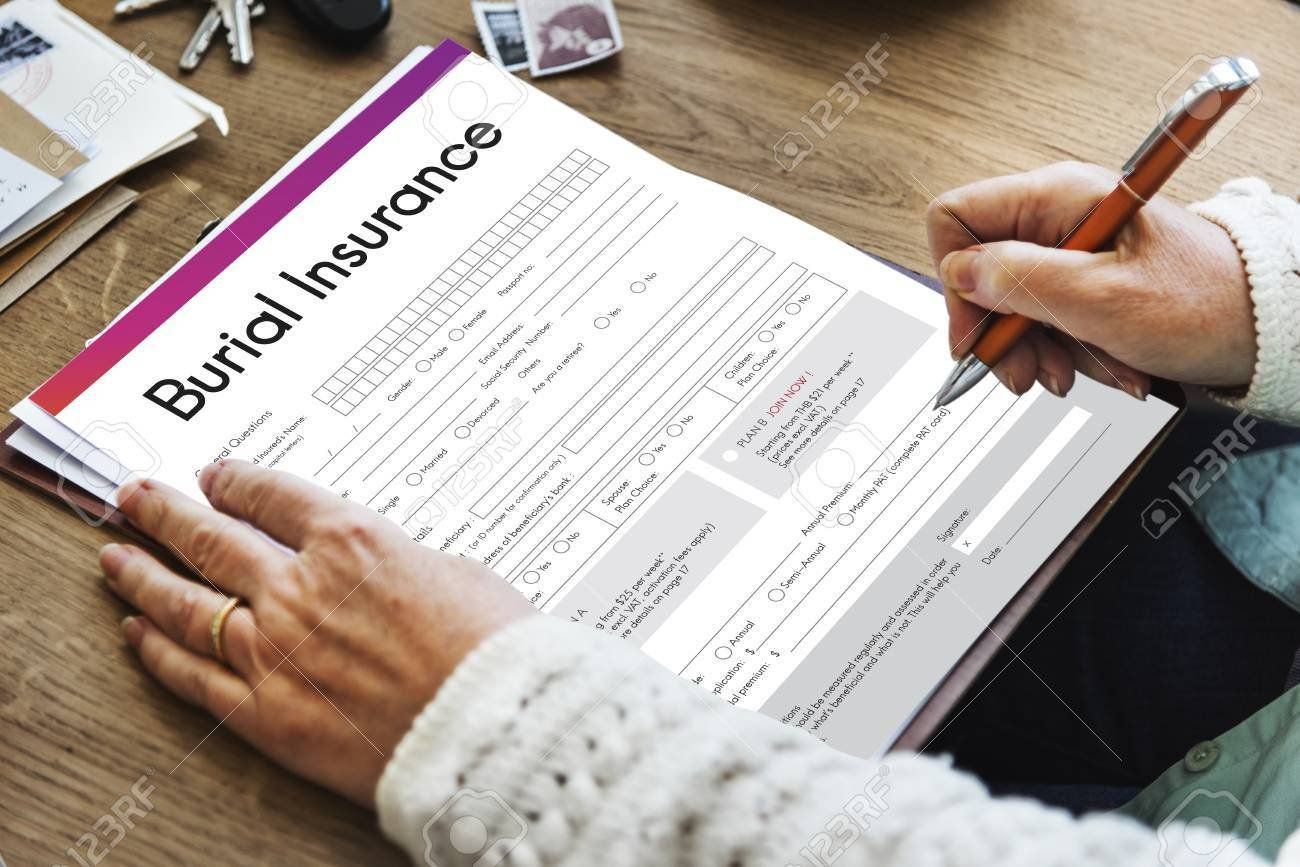WILLS AND ESTATES
Wills and Estate Planning
Our Areas of Expertise Are:
Wills
Let us help you plan now - for when you can’t later.
A Will is a legal document, which states your final wishes, amongst other things, relating to the distribution of your estate & guardianship of children. It also ensures that a person of your choosing administers the estate.
What happens if you die without a Will?
- Your estate may not be distributed in the way you would have wanted.
- A Public Trustee may have to be involved in administration of your estate, leaving relatives to deal with a government department rather than the person you would have chosen to sort out your affairs.
- Further legal steps may be required which may be more expensive than otherwise necessary.
- There may be delays in the release of funds to beneficiaries.

H. D
'ACS Legal Solutions helped us in a time of enormous grief. My uncle died but we had no idea where we could find his will. We would not have been able to get through this without Jocelynne and her team.’
Enduring Power of Attorney
What is an enduring power of attorney and why do you need one?
There are circumstances, where you may be away for a long period of time or unable to make decisions in relation to your affairs due to illness, accident or age.
This document appoints an Attorney to make decisions in relation to your financial affairs or health matters (or both) at any time you are unable to. You can appoint one or more attorney and specify when their power begins, and under what circumstances, and what they may do for you.
The Attorney must act in your best interests and you are of course able to continue to make your own decisions whilst you have the capacity to do so.
What happens if you do become incapable of managing your affairs?
If you to not have an Enduring Power of Attorney, your affairs will remain ‘in limbo’ until capacity is regained or an Order for guardianship is obtained. People often think that their partner automatically has authority to act for them because “It’s all in joint names”. Not true!
Becoming incapacitated where you have failed to appoint someone to act for you under an Enduring Power of Attorney can create even bigger problems for your family, than dying without a will.
Estate Administration
When a loved one passes away, the finalisation of their affairs needs to be taken care of by an Executor or Administrator.
The process will differ greatly depending on the size of the estate and whether the deceased left a valid Will. If the assets of the estate are significant, most times financial institutions will require either a Grant of Probate or Letters of Administration be obtained from the Supreme Courtin order for them to release funds.
If property is held as joint tenants, then the property can be transferred to the surviving tenant in a simpler process.
Advanced Health Directives
An advanced health directive is a document that you can use to record your wishes and decisions with respect to your future health care. Prepared while you are still of good health and sound mind it provides detailed instructions about what you would want done in various serious health situations. It deals with circumstances where you are unconscious or otherwise seriously ill, and details the care and treatment that you would like to have or would prefer to refuse should you find yourself in the position.
This type of document can give some ease of mind to family members who may otherwise agonise over what you would want done in a particular situation.
You will be required to sign an Advanced Health Directive in front of your usual doctor, as they will be fully aware of your medical history and your wishes. They will also be able to explain medical terms to you that you might not understand. It is also important that you sign this document in front of a lawyer you trust so that you can discuss any concerns that you might have or foresee that your family might have.
This document can also be used to appoint an attorney for personal/health matters if you wish.
Binding Death Benefits
It is an often misconceived notion that upon your death your superannuation and any insurance entitlements which form part of your superannuation will form an asset of your estate. In the case of Death Benefit Insurances this may not be the case. Depending upon the terms of the superannuation deed, any benefits accumulated under your superannuation must be paid out upon the death of the member (you), however to whom it is paid to will vary.
When you selected your superannuation provider you would have completed a form nominating who you would like to receive the benefits of the insurance. However unless you have executed a binding death benefit nomination then this will not be binding on the trustee of your superfund. In most circumstances, the trustee of the super fund, will be entitled to exercise their discretion in paying the money to whom they deem a dependant of your entitlements. This may include your spouse, (including same sex or de-facto), a child whether natural or by adoption, or any person whom had an interdependency relationship with the member at the date of death.
So what is a Binding Death Benefit nomination ( BDBN) and when would you need to make one? A BDBN is a nomination directing the Trustee of the fund to pay the benefits to the person or persons that you nominate. In order to make a BDBN you can contact your fund administrator and they will be able to direct it, however in the case of a self managed super fund, it will first be necessary to ensure that the fund has the powers to allow you to make the nomination. Where the power does not exist it is possible to introduce additional powers to allow you to.
A BDBN will generally be effective for 3 years and must be regularly renewed. This is to ensure that your nomination remains current and does not exclude changes to your life circumstances. Where your BDBN lapses, the Trustee will have regard to, but will not be compelled to follow your direction. A BDBN is particularly useful in situations where you wish to nominate that a particular person should receive the benefits, or to particularly exclude a person from receiving a benefit. While there are advantages and disadvantages in these scenarios, it is important to consider your personal circumstances. Just as you would obtain advices when preparing your will we recommend that you obtain advices when preparing you BDBN to be sure that you have considered all of the appropriate circumstances including taxation.
Contact Jocelynne Berry
for more information.
© Copyright 2021 | All Rights Reserved | ACS Legal Solutions
| Web Design by ACM Digital
